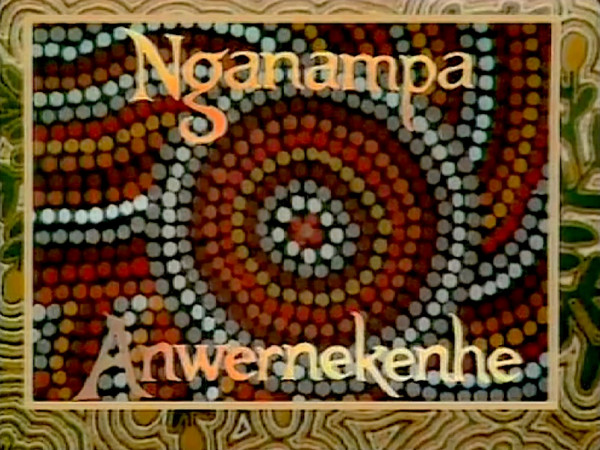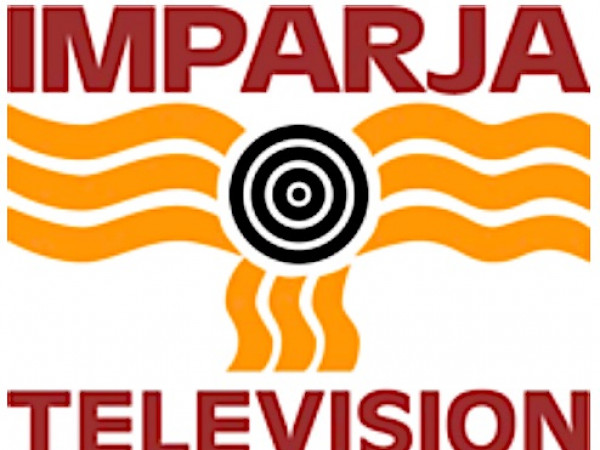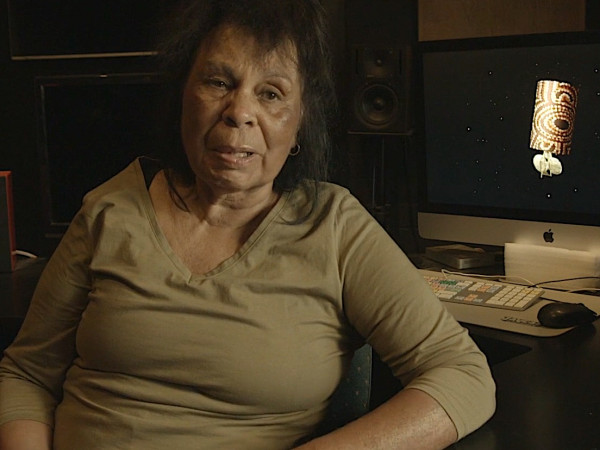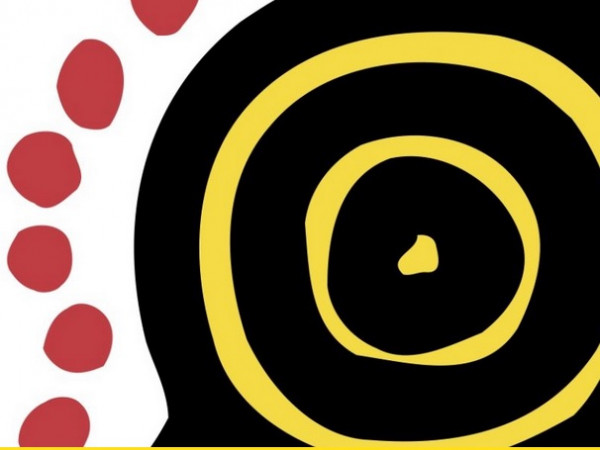Rosie Kumalie Riley
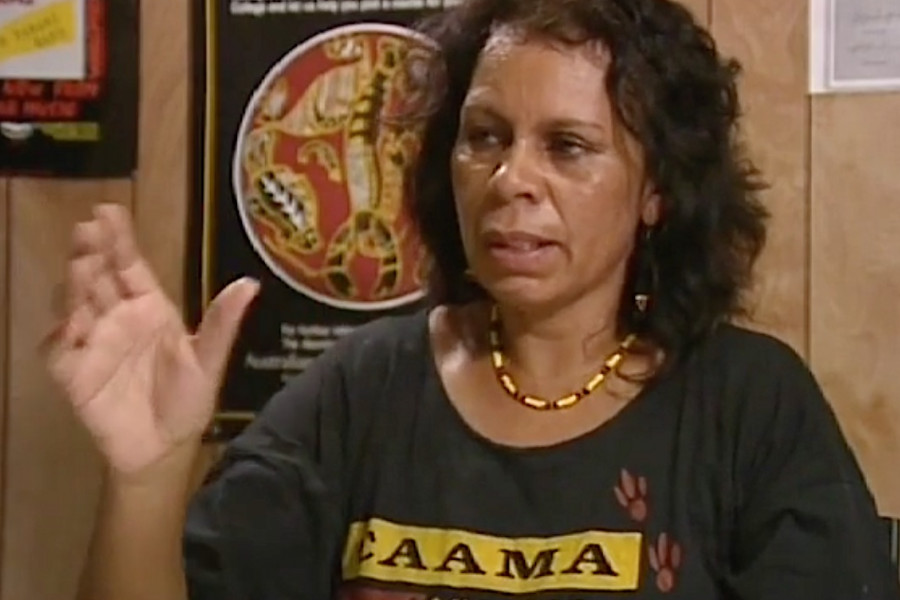
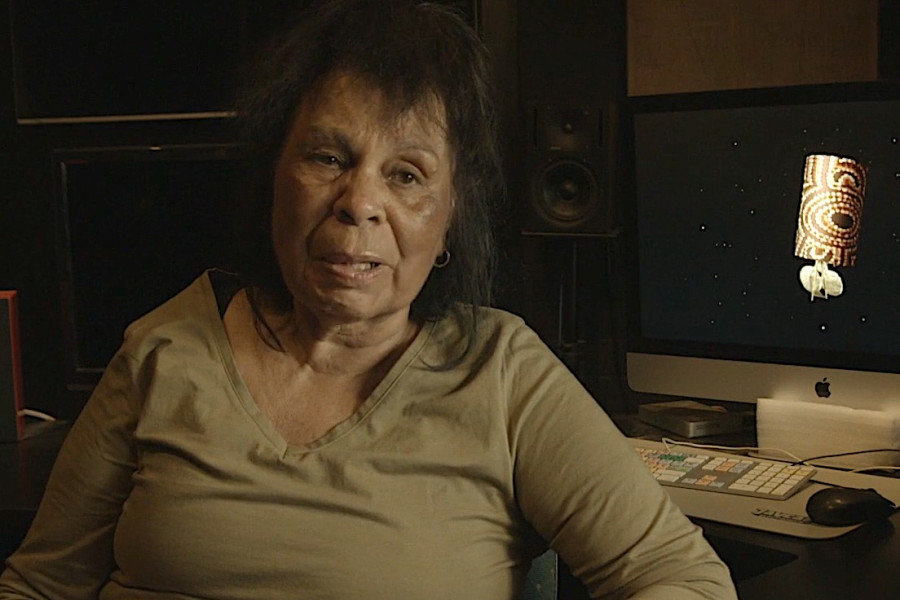
Rosie Kumalie Riley is an Arrende woman, and a language teacher, educator and consultant. She worked as the Language Co-ordinator at CAAMA, principally on Nganampa Anwernekenhe, then as a teacher in bi-lingual education. She currently works as a consultant and translator in a range of contexts including tourism and Government. She is also lectures on the Arrende Online Teaching Programme at Batchelor College.
Rosie's interview for Satellite Dreaming Revisited was recorded at CAAMA in Alice Springs by Nicolas Lee, and with Tony Dowmunt via Skype from the UK.
“The stories are out there…” (Full interview transcript & links)
"…when we first heard about Satellite Dreaming…"
"…we're now broadcasting our language and culture…"
"I would have studied teaching after that…"
"I'm still very much involved in education…"
"We get the messages out…"
"…the butterflies was a project in the Arrende curriculum"."
Rosie was the Language Co-ordinator at CAAMA when she was interviewed for the film, with particular responsibility for Nganampa Anwernekenhe.
Well Nganampa Anwernekenhe is a very unique programme. Some of the things that we collect the material from, like dreamtime or something, you don’t see it on other programmes – even on white television, like you’ll have Bush Tucker Man, right. But he’s nowhere near where we can find bush tucker. You think he’s got… the experience to go on with bush tucker, but he still needs Aboriginal people to teach him, to show him, how to find them… He never know what he could be eating. Do you know, programmes like Blackout, they just write straight, because they’ve been produced by English speaking Aboriginal people. With us, we’ve got two cultures and we’re trying to combine them, trying to please the white audience as well as the Aboriginal… keeping the Aboriginal way still strong within it.
People don’t realise that things are happening around the schools – it’s like maintaining our culture and language. You got to keep it strong, otherwise it’s going to die out within another 10, 20 years’ time. Bi-lingual schools, they teach in both ways, and it’s very important for the little ones to start off reading and writing their own language, instead of in the English like we had to. We grew up in English way and we weren’t allowed to talk in our language. We’d speak, you know, our language…but if our teacher heard us she’d say: ‘You’re not supposed to say that., you’re not allowed to talk in your language - you got to speak English all the time’. When we bring materials back from the bush…we sort of sit in here and look at it, get the whole story and work out where we are going to cut it…
And then we’ll sit down and translate it. It’s…from there, when it’s all finished… The people know, it comes on Thursdays, Thursday nights. Every time they hear that music comes on, the kids will come in from the playground and say ‘Nganampa, Nganampa Anwernekenhe is on’, you know, and sit down and watch… Aboriginal stories, like we’ll tell them about their caterpillar, …or goanna, that’s reality, you know? A nursery rhyme, that’s nothing, that’s just like flurry floss…

